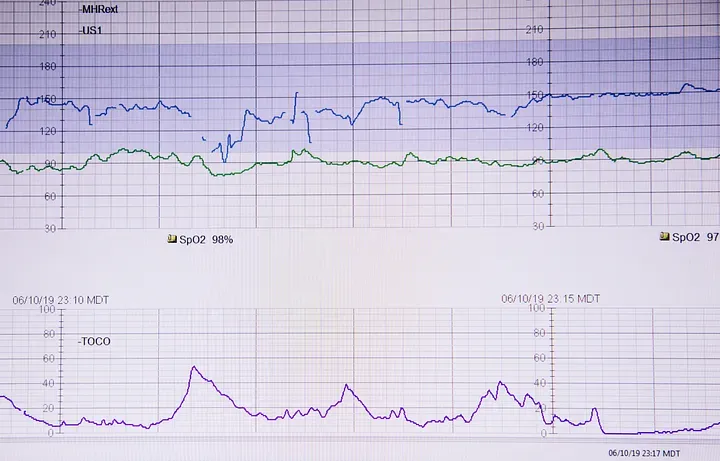How to avoid heart attack ?

A heart attack, or myocardial infarction, is a medical emergency that occurs when the blood flow to the heart is blocked, causing damage to the heart muscle. The most common cause of a heart attack is a blood clot that forms in one of the coronary arteries, which are the blood vessels that supply oxygen-rich blood to the heart.
Heart attacks can be life-threatening, but there are treatments available that can help to reduce the damage to the heart muscle and improve the chances of survival. If you think you or someone you know may be having a heart attack, it is important to call 911 immediately.
Symptoms of a heart attack
The most common symptom of a heart attack is chest pain, which is often described as a feeling of pressure, squeezing, or fullness in the chest. Other symptoms of a heart attack may include:
- Shortness of breath
- Pain or discomfort in the arms, back, neck, jaw, or upper abdomen
- Nausea or vomiting
- Lightheadedness or dizziness
- Sweating
However, it’s essential to consult with a healthcare provider for personalized advice and to address specific concerns about heart health. Here are some lifestyle changes and factors to consider to help reduce the risk of a heart attack:
// Healthy Diet:
- Adopt a diet rich in fruits, vegetables, whole grains, lean proteins, and low-fat dairy products.
- Limit saturated and trans fats, cholesterol, salt, and added sugars in your diet.
- Control portion sizes to manage calorie intake.
// Regular Physical Activity:
- Aim for at least 150 minutes of moderate-intensity aerobic exercise or 75 minutes of vigorous-intensity exercise per week.
- Incorporate strength training exercises at least two days a week.
// Maintain a Healthy Weight:
Achieving and maintaining a healthy weight can help reduce the risk of heart disease.
// Manage Blood Pressure:
Monitor and control your blood pressure through lifestyle changes and, if necessary, medication as prescribed by a healthcare provider.
// Control Blood Sugar:
If you have diabetes, work with your healthcare team to manage your blood sugar levels.
// Quit Smoking:
Smoking is a significant risk factor for heart disease. Seek help to quit smoking if you smoke.
// Limit Alcohol Consumption:
If you drink alcohol, do so in moderation. This typically means up to one drink per day for women and up to two drinks per day for men.
// Manage Stress:
Chronic stress can contribute to heart disease. Find healthy ways to manage stress, such as through relaxation techniques, mindfulness, or counseling.
// Get Regular Check-Ups:
Visit your healthcare provider for regular check-ups and screenings to assess your heart health, cholesterol levels, and other risk factors.
// Medications as Prescribed:
If you have specific medical conditions or risk factors, your healthcare provider may prescribe medications to manage them. It’s important to take these medications as directed.
// Know the Warning Signs:
Familiarize yourself with the warning signs of a heart attack, such as chest pain or discomfort, shortness of breath, nausea, lightheadedness, and pain in the neck, back, jaw, or stomach. Seek immediate medical attention if you experience these symptoms.
Remember that genetics can also play a role in heart disease risk, so it’s important to be aware of your family’s medical history and discuss it with your healthcare provider.
While these steps can help reduce the risk of a heart attack, it’s crucial to consult with a healthcare professional for personalized guidance and to address any specific concerns about heart health or underlying medical conditions.
They can provide you with the most accurate and up-to-date information and recommendations.




